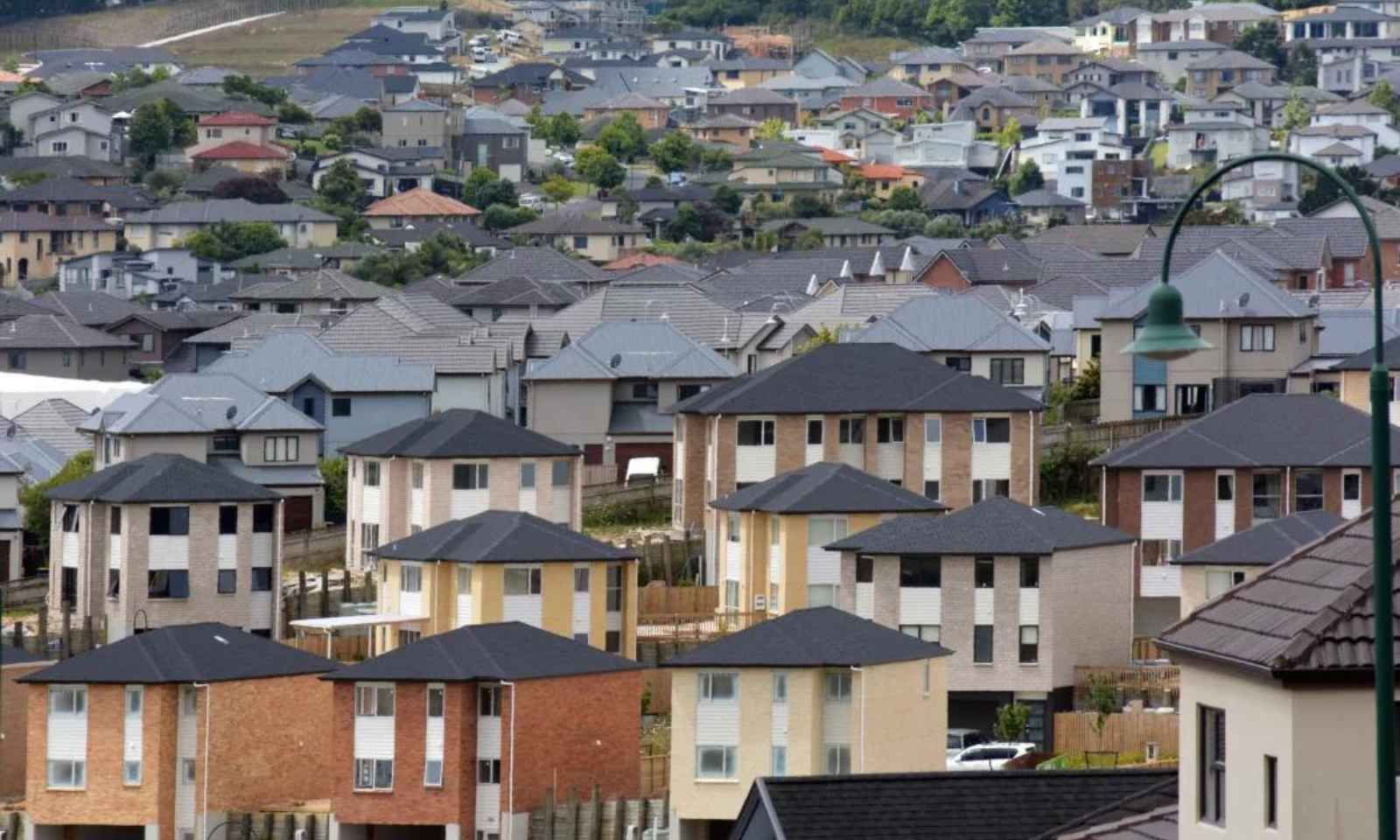

Fears scrapping of government funding will make youth homelessness worse.
Jon Tyson via Unsplash
‘It would have changed their lives’
Youth worker Aaron Hendry says the government's decision to scrap $20 million from Youth Transitional Housing will make things worse for teenagers facing homelessness.


Top 10 Pacific Island songs you need on your summer playlist in 2025


Pacific sports wrap: 2025’s massive highs, lows and historic firsts

Excellence and possibility: Meet the new face of Pacific medicine in Aotearoa

Top 10 Pacific Island songs you need on your summer playlist in 2025


Pacific sports wrap: 2025’s massive highs, lows and historic firsts
A youth worker says the government is neglecting their responsibility to youth who are experiencing homelessness.
In last week’s Budget, $20 million that was tagged to support Youth Transitional Housing projects over the next three years was scrapped.
Kick Back co-founder Aaron Hendry says the decision overlooks the urgent, desperate need in the community.
“You've got a teenager, 16, 17, who doesn't have anywhere safe to live, and in some cases that means literally they are sleeping on Queen Street, they're sleeping on the streets, they're sleeping in parks, under benches, they're in motels where they're surrounded by really unhealthy and often dangerous situations, and they're being traumatised and harmed.
Watch the full interview with Kick Back's Aaron Hendry on Pacific Mornings
“This $20 million, though small in comparison to the need, would have meant safety, security, and a home for more young people in desperate need right now … instead of scaling up, and addressing the challenge head-on, more young people will continue to experience homelessness.”
Census figures estimate 102,000 people experience severe housing deprivation. This includes people living on the streets, transitional housing, and refuge shelters.
Pacific peoples make up 22.6 per cent of the total population experiencing homelessness, this is most represented in homes that are severely overcrowded, and uninhabitable housing.
Hendry said having safe, stable housing would help respond to other social issues.
“Youth mental health, child poverty, our education system, preventing crime and young people going into criminal justice system … if you're going to deal with a lot of these big complex issues, housing insecurity actually lies at the base of a lot of them for our young people.”
Hendry has been a youth development worker for more than a decade and said services were “constantly overwhelmed” by demand, warning the trauma associated with homelessness came with long-term personal and social impact.
“A pathway into the justice system is sped up through lack of stable housing. Young people disengaging from education, it’s really hard to stay connected to your education when you have nowhere safe to live.
“Young people who experience homelessness are far more likely to be at risk of suicide and also to develop PTSD, depression, anxiety.”
There were 1500 new social housing places announced in last week’s Budget, with $140 million in funding.
Associate housing minister Tama Potaka said they were taking steps to build more public housing.
“The social housing waitlist is over 25,000 applicants and too many Kiwi families are living in emergency housing motels or sleeping on relatives’ couches while they wait to move into warm, dry, stable housing.

More than 25,000 Kiwis are on the social housing waitlist, the government says.
“The government has made the tough but fair decision to reprioritise money currently spent on first home grants and redirect it to community housing providers to help address the lack of social houses.”
Labour's housing spokesperson Kieran McAnulty said the cuts to housing were a familiar move by the National Party.
“Instead, there is $1.5 billion less for building and maintaining public houses, which will slow the progress we’ve made as a country to fix the housing crisis. The Government has cut $435 million from the Kāinga Ora house build programme and over $1 billion from the maintenance fund.
“The National Party did this last time. Public houses got so run down that a big investment was needed to do them up, and instead of fronting up what was needed they sold the houses off instead."
Plan to end youth homelessness
Kick Back is developing a crisis space for young people called the Front Door in Auckland’s CBD.
Hendry said they were trying to develop services that meant when there was a critical need, there would be a safe place to go to.
‘That's gonna be a space where if you're at risk of homelessness, you've got nowhere to go, drop in and get wraparound support and get connected to the services that you need.
“Another service we run with Massey Community Trust is called the Safety Net and it supports young people to prevent them going into a motel, in a safe environment with whānau in the community where they can be hosted and looked after while we develop housing plans around them.”
Hendry said an all-of-government strategy is needed, along with shutting down common pipelines that can lead to homelessness.
“One in 10 young people exiting the care system or the justice system will be experiencing some form of homelessness, yet we do not have enough housing for those young people.
“We need to have legislation that actually puts responsibility on the government so that they cannot release young people into experiences of homelessness.”